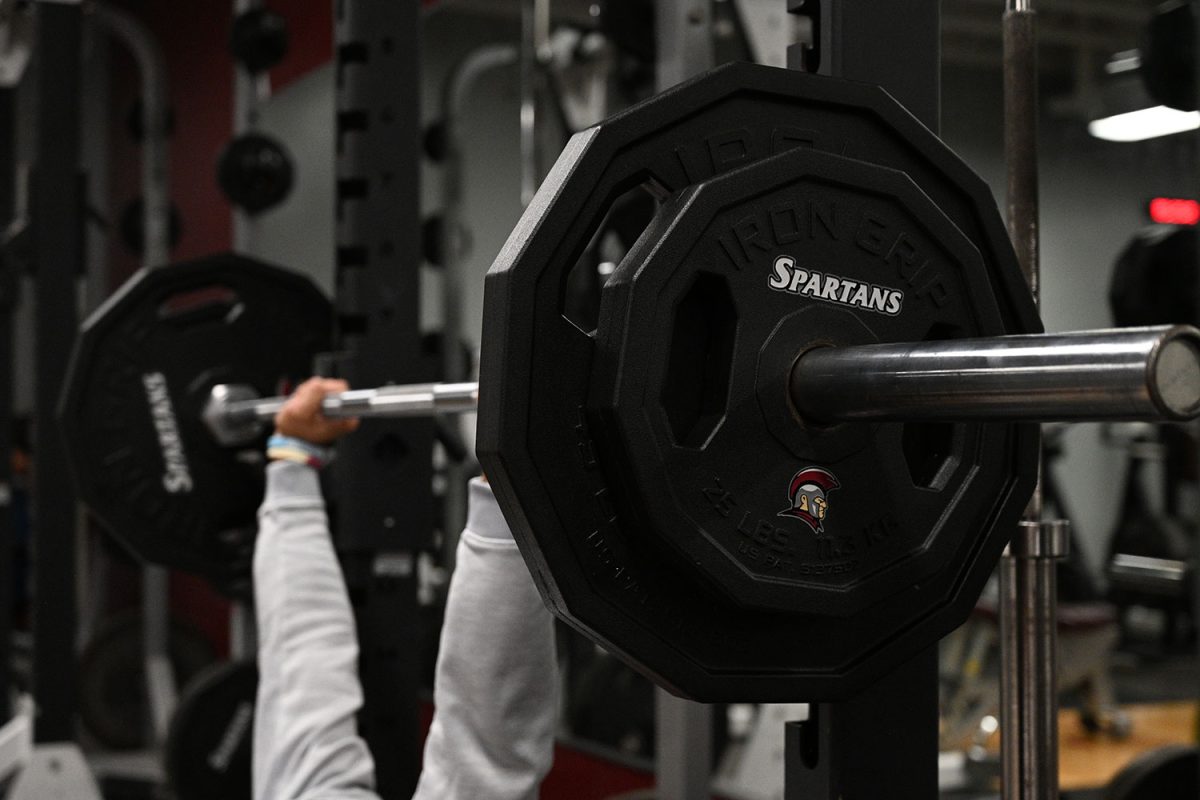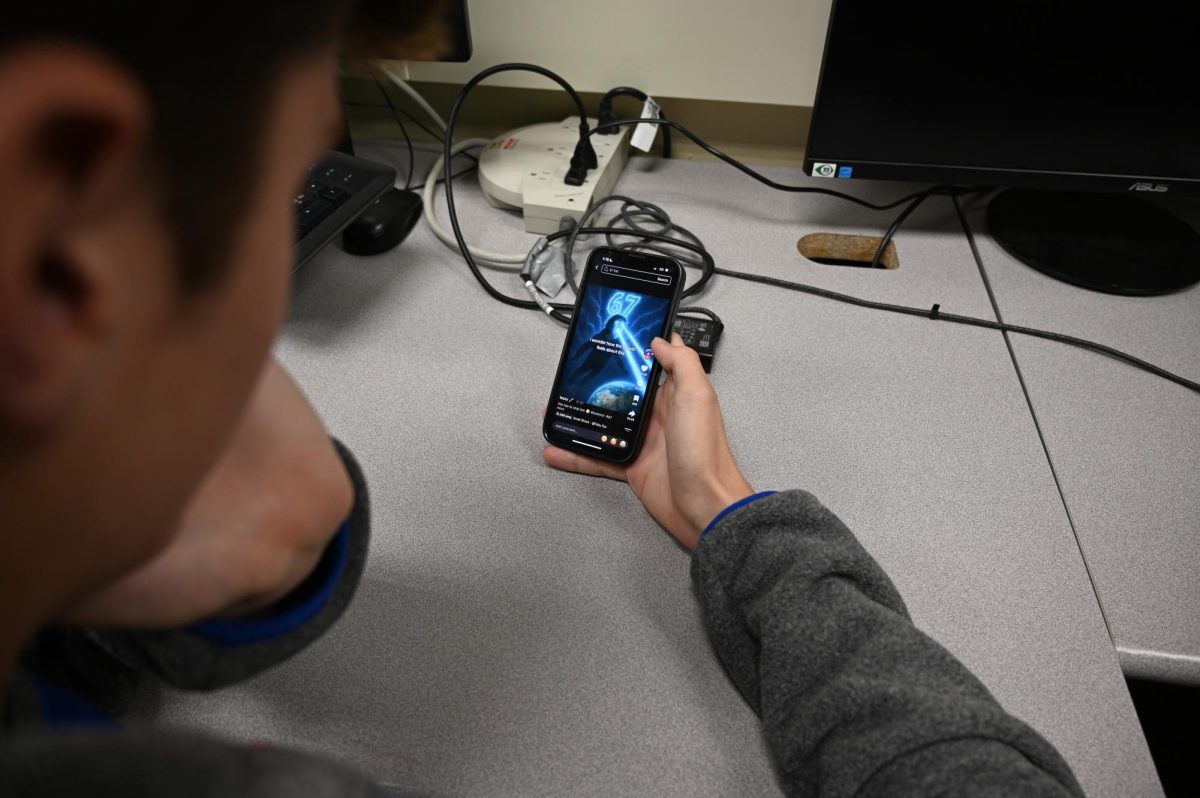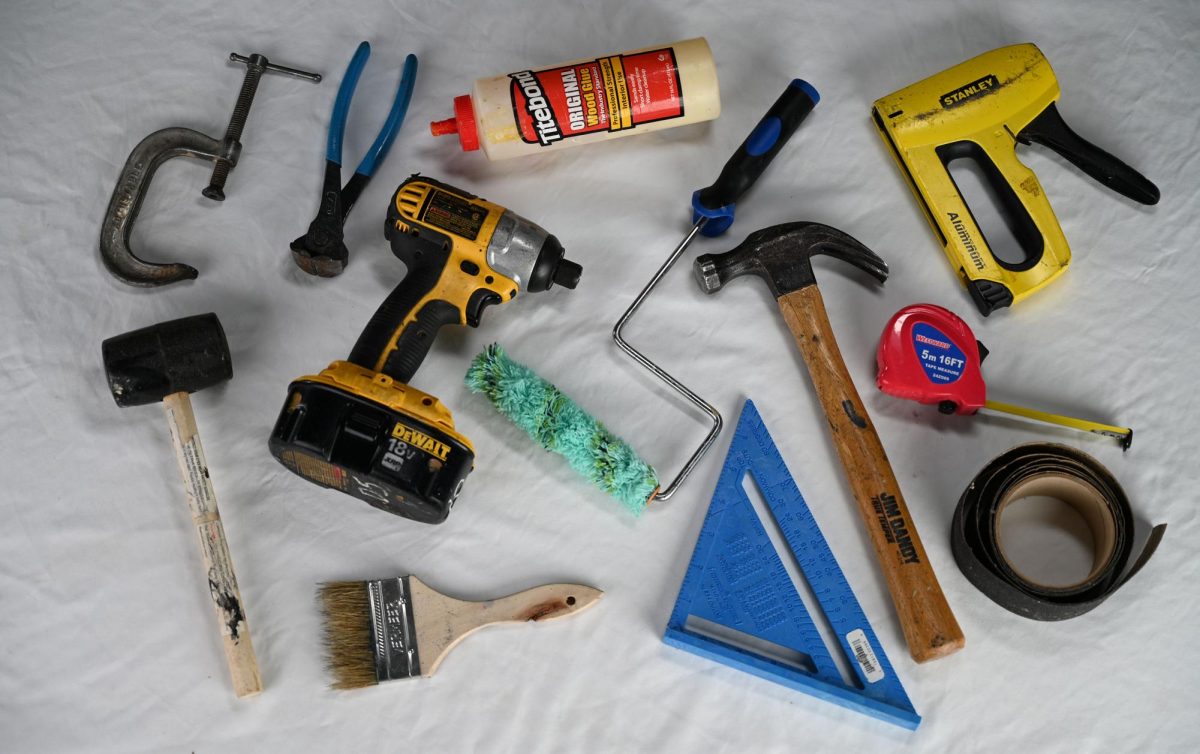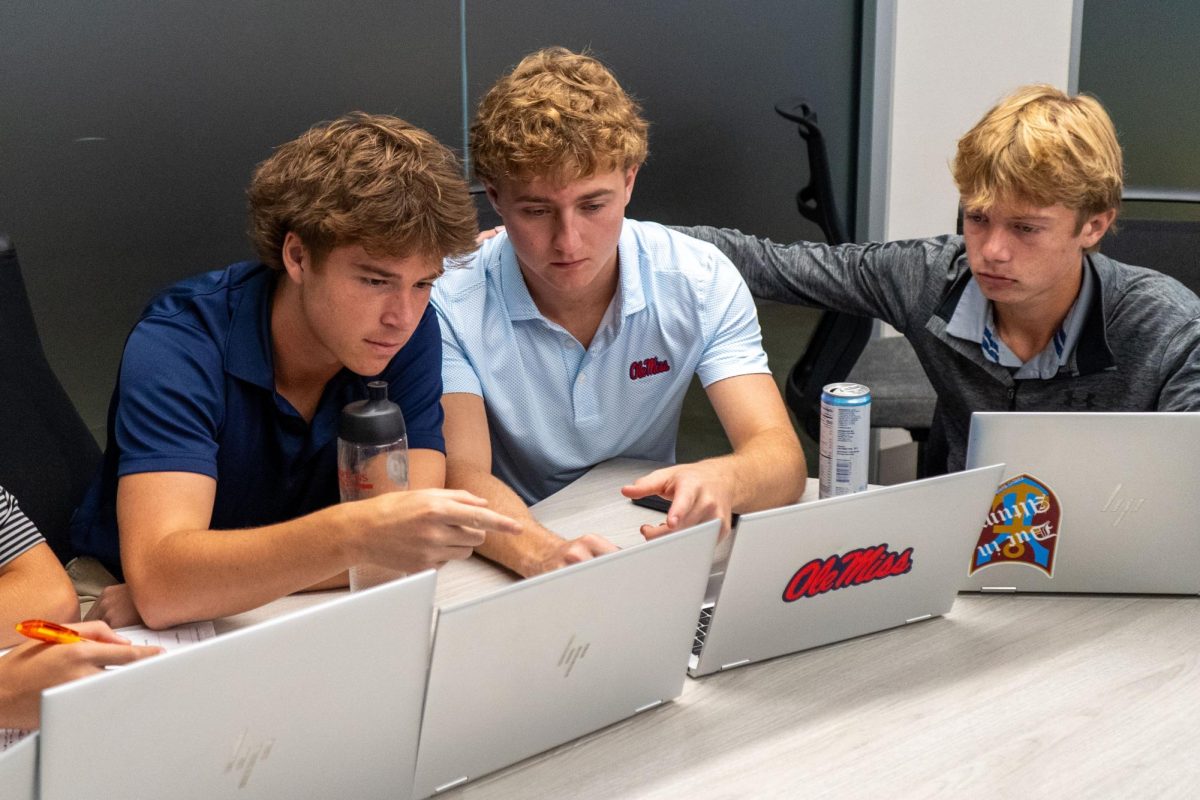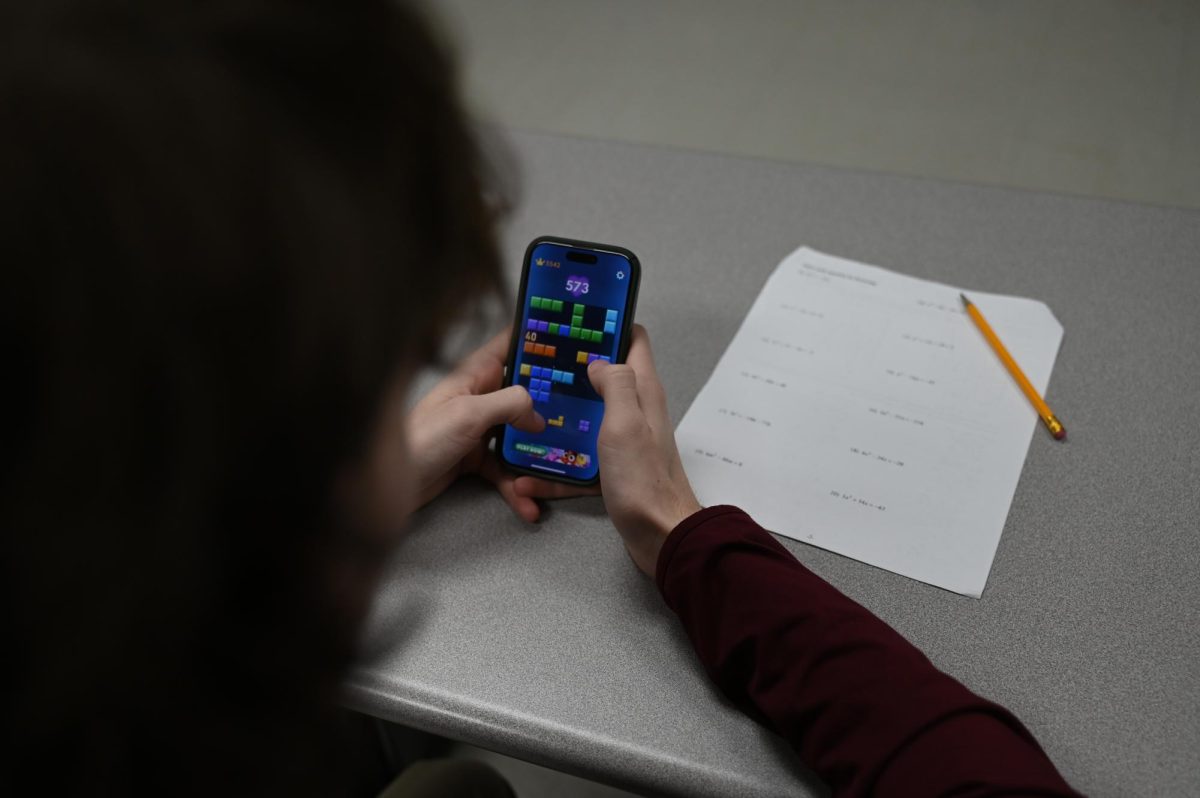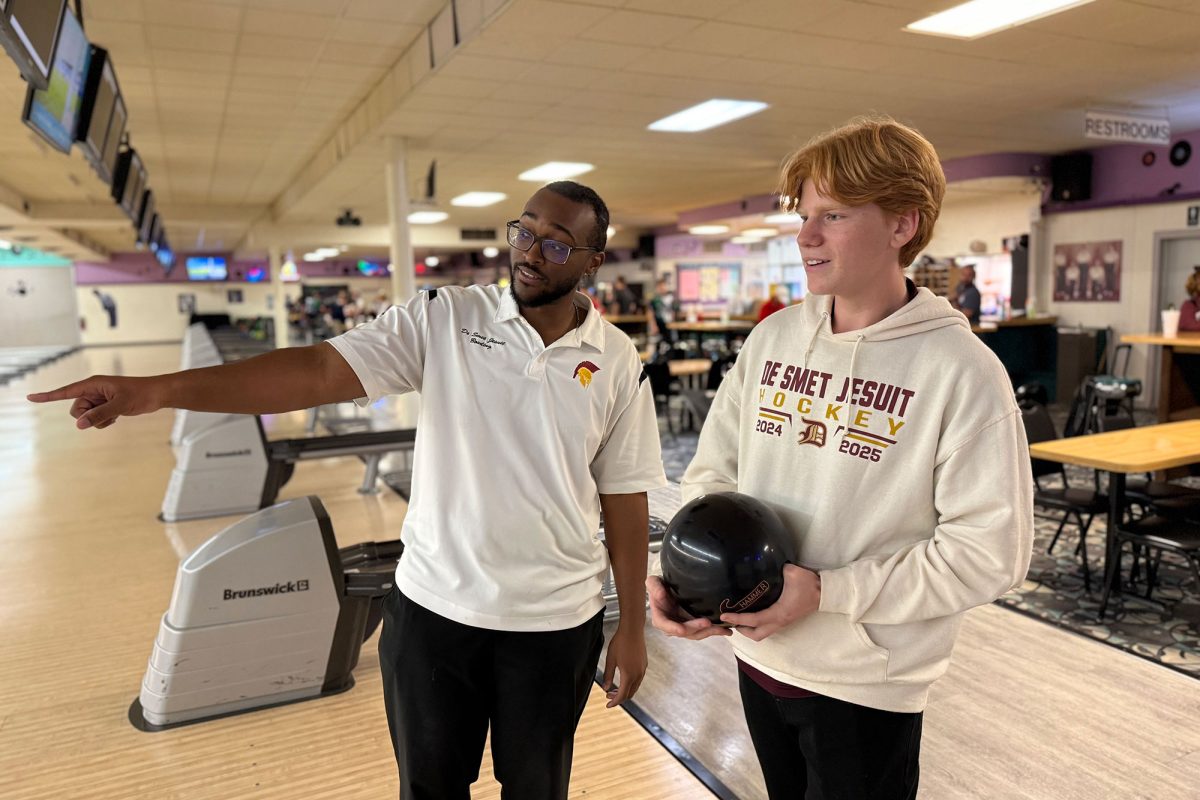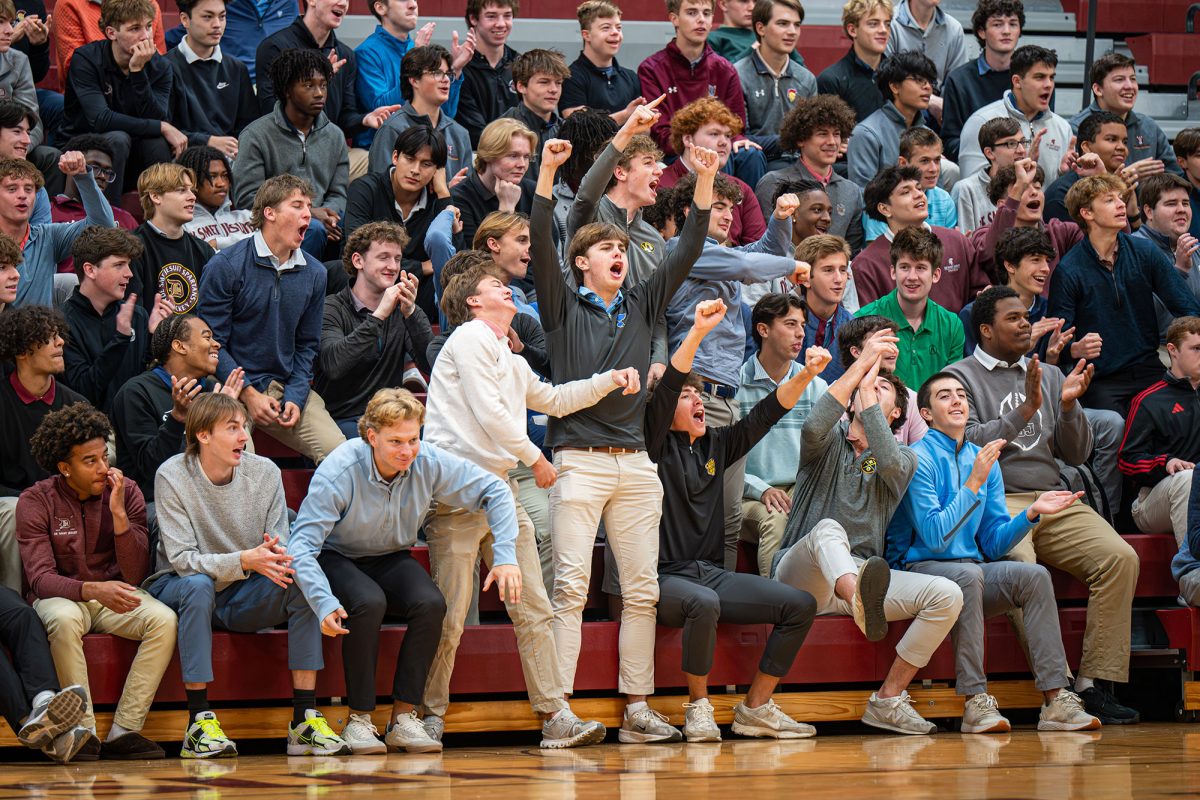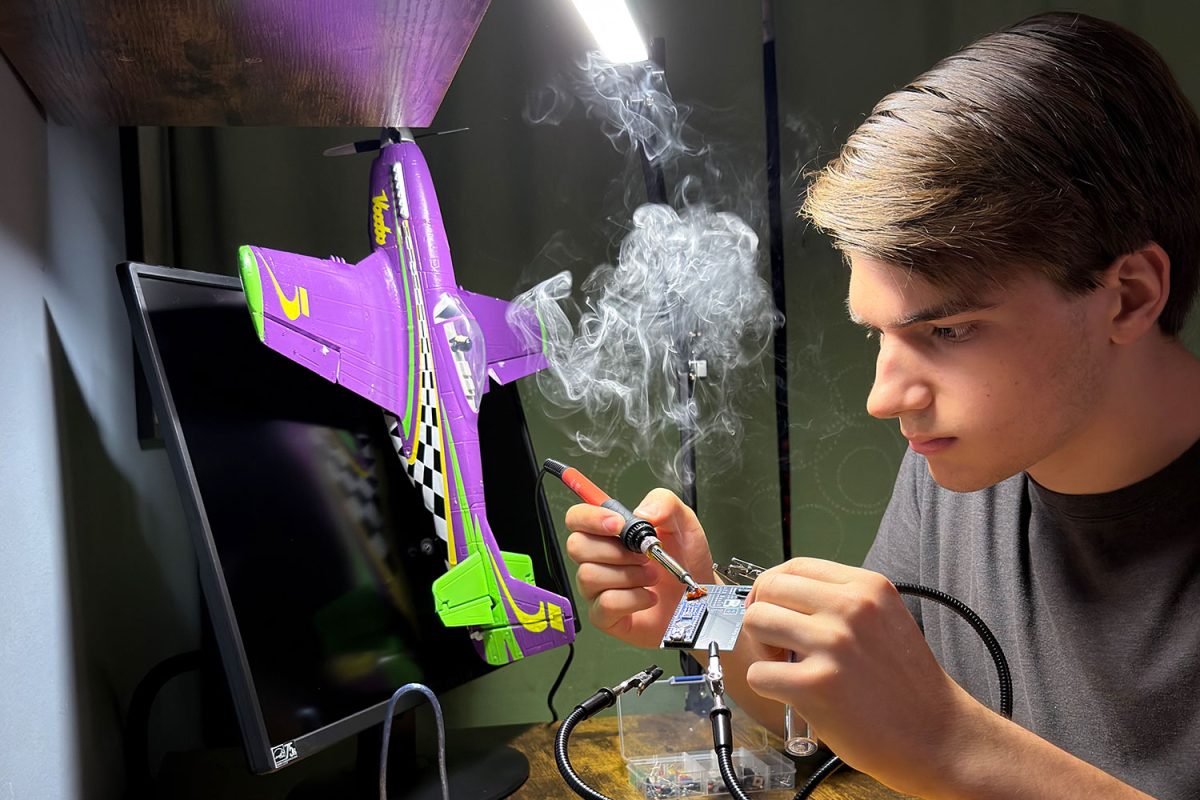Sports are a huge deal in America, as over 60-70% of kids ages 3-18 play sports at some point during the year. Nowadays, it is rare to see children and teens not enrolled in the training or playing of a sport. This leads some to say that kids are overtraining for their overall sports performance. Right now, 30% of current youth athletes have been overtrained. It is fine to train, but going over the top will burn out kids and affect their athletic performance.
Overtraining syndrome (OTS) causes young athletes to experience fatigue and a decline in performance despite the increased amount of training they endure. Warning signs of OTS include: no longer enjoying the sport, the sport dominating family life, using the sport as the only topic of discussion, only rewarding youth athletes based on their performance, and if they miss 10% of their sports season due to a lingering injury without seeing a doctor. Symptoms of athletes that might have OTS are chronic muscle and joint pain, weight loss/loss of appetite, fatigue, increased heart rate at rest, decreased performance, prolonged recovery time, lack of enthusiasm, and a lower overall performance in school and at home.
Although it is good to be active and be a part of something, sports should not dominate your life. Training is not a bad thing, as it helps build a work ethic and a desire to get better. Sports should be something you enjoy doing, and should not be looked at as a chore. If parents spent less time worrying about their kids’ sports performance, it would put less pressure on them. The best ways to help with OTS if you start to feel signs of it are rest/recovery, nutrition, sports massages, and developing relaxation techniques.

